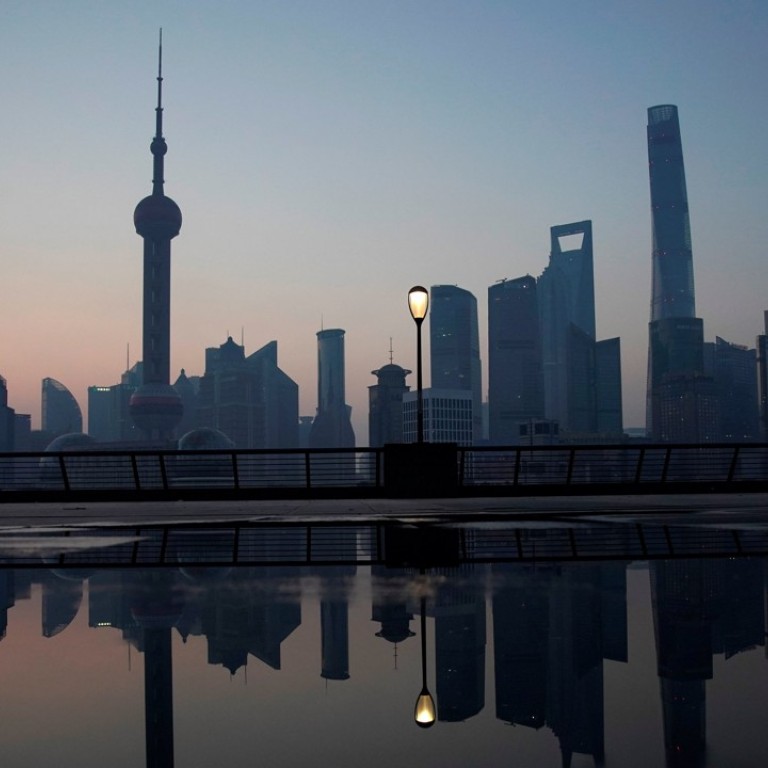
Explainer: Why a financial court is needed in Shanghai
Beijing announced the setting up of a financial court in Shanghai on Wednesday after a meeting of the Communist Party’s Leading Group for Comprehensively Deepening Reforms, which was chaired by President Xi Jinping. The announcement came as Wu Xiaohui, founder of the mainland’s third-largest insurer Anbang Group, went on trial this week at the city’s No 1 Intermediate People’s Court.
Details of the specialised court have yet to be unveiled, but it is believed to play a role in punishing unscrupulous institutions and individuals while reinforcing Shanghai’s transformation into an international financial centre.
Why Beijing wants to set up a financial court in Shanghai?
The Leading Group for Comprehensively Deepening Reforms said it was part of the efforts to improve the judiciary system for the financial sector and help ward off financial risks.
Further liberalisations in the financial sector will motivate judges to broaden their knowledge and better understand financial transactions, particularly cross-border deals.
As Shanghai seeks to attract global funds and talent to help turn the city into an international financial hub, a mature legal framework that is in line with international practice is much needed to bolster investors’ confidence.
Where will the court be based?
The financial court has been in preparation for about two years. All tribunals that specialise in financial offences and finance-related civil cases at different levels of courts in Shanghai will be merged to create the specialised court. Lu Hongbing, a deputy director of All China Lawyers Association, suggested setting up the court at the Shanghai No 1 Intermediate People’s Court during its initial stage. Lu, a deputy to the Chinese People’s Political Consultative Conference (CPPCC), made the proposal earlier this month during the annual sessions of the CPPCC and the National People’s Congress in Beijing. His proposal is expected to be studied by decision-makers. The No 1 intermediate court is located on Hongqiao Road in Shanghai’s southwestern Changning district.
Who will head the court and how many judges will the court have?
It remains unknown who will head the financial court in Shanghai. The court will eventually be at the same level as an intermediate court, according to local judges. The number of judges at the court could amount to several hundred. Lu said Shanghai already had a team of judges with experience in handling financial cases.
How will the financial court differ from the existing tribunals at Shanghai-based courts?
With a specialised financial court, the judges will be encouraged to learn more about finance and business activities in the financial sector. They will handle both criminal cases and civil lawsuits.
The leadership hopes that the court will be run by a group of legal professionals who understand both international financial businesses and the rule of law.
China’s lack of the rule of law and weak enforcement are major concerns among foreign investors when they consider investing in Shanghai.
Creation of a specialised court is at least a symbolic move to show global investors that the mainland is striving to enhance the judiciary mechanism.
Will other mainland Chinese cities set up similar financial courts in the future?
It is unlikely that other parts of China will have specialised financial courts.
The decision to set up the Shanghai financial court was a result of increasing financial transactions in the city’s interbank, stock and futures markets. Shanghai also launched crude oil futures contracts on March 26, which was, for the first time, open to foreign traders.
The mainland’s commercial capital is set to further liberalise the yuan by opening up its capital account in the free-trade zone. To highlight Shanghai’s role as a financial hub, the leadership may not want another financial court in the mainland.

